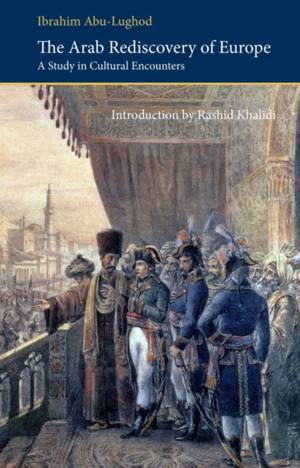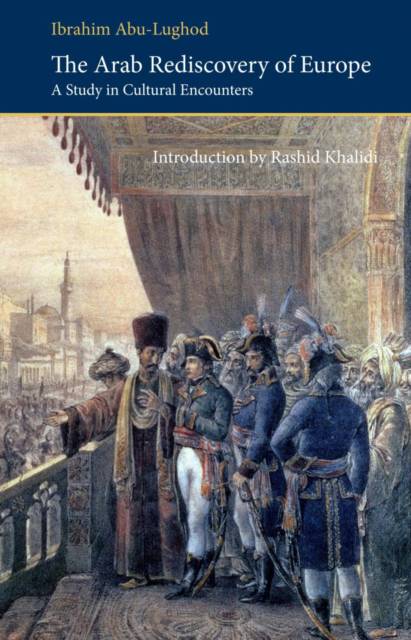
- Retrait gratuit dans votre magasin Club
- 7.000.000 titres dans notre catalogue
- Payer en toute sécurité
- Toujours un magasin près de chez vous
- Retrait gratuit dans votre magasin Club
- 7.000.0000 titres dans notre catalogue
- Payer en toute sécurité
- Toujours un magasin près de chez vous
Description
"[Ibrahim Abu Lughod is] Palestine's foremost academic and intellectual."--Edward Said
Napoleon's invasion of Egypt in 1798 exposed the Arab provinces of the Ottoman Empire to a Europe vastly different from the one known to the Arabs of the Middle Ages. At the start of the nineteenth century, Arabs were unprepared for the social, economic, and political progress made in Europe.
By 1870, however, their vague notions had evolved into a fairly sophisticated knowledge of the historic background and contemporary achievements of various European nations. The new reform movements in Egypt and the Fertile Crescent had incorporated into their programs the ideological premises and political institutions of European liberalism.
The Arab Rediscovery of Europe is a pioneering work tracing the role of the Arab intelligentsia in increasing Arab awareness of Europe and in shaping an Arab image of the West. First published in 1963, it was hugely influential in instigating a detailed study of Arab views and experiences of Europe during the reign of Egypt's Mohammad Ali in the early to mid-nineteenth century.
Ibrahim Abu-Lughod (1929-2001) was an American Palestinian academic, writer, and editor. He taught at Smith College, Massachusetts; McGill University, Montreal; and then spent thirty-four years at Northwestern University, Illinois, where he founded the Institute of African Studies. He founded the Association of Arab-American University Graduates in 1968 and the journal Arab Studies Quarterly in 1978, and held two UNESCO posts. He later became a professor and vice president of Bir Zeit University in the West Bank.
Spécifications
Parties prenantes
- Auteur(s) :
- Editeur:
Contenu
- Nombre de pages :
- 200
- Langue:
- Anglais
- Collection :
Caractéristiques
- EAN:
- 9780863564031
- Date de parution :
- 01-08-11
- Format:
- Livre broché
- Format numérique:
- Trade paperback (VS)
- Dimensions :
- 135 mm x 213 mm
- Poids :
- 204 g

Les avis
Nous publions uniquement les avis qui respectent les conditions requises. Consultez nos conditions pour les avis.






